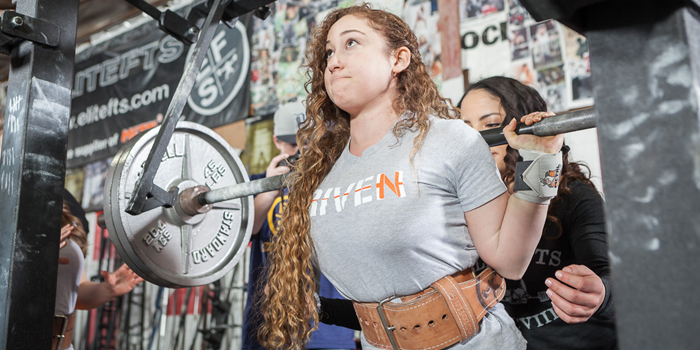
So you want to work in the health and fitness field? Or at least you think you do.
Maybe the days of the college haze are coming to an end, and you are racking your brain for a way to make money and still spend all day working out in the wellness center. Or maybe you are considering going back to school because you are sick of working somewhere that requires you to wear actual pants. You are probably thinking, “What can I do with my life that lets me do what I love (training/gym/talking about training) but also keeps me from living in my car outside of the gym?"
[If you just missed the Bigger, Faster, Stronger reference, put the books down.]
As someone who has worked as a strength coach, done some fitness writing, worked as a personal trainer, worked as a scientist, and taught in the higher education setting, I'm not here to tell you what you can do. Instead, I want to tell you what academic degrees might be best for you to explore if the field of “fitness and exercise” is truly where you want to work. So, since none of this is handed out to you in a pamphlet called, "How to actually study what you are interested in," I figured I would put this article together.
But, before we do this, let's get one thing straight: this article focuses on the formal education aspect and what some of the commonly acquired degrees broadly entail. Please do not think this means you cannot get a job and succeed in the areas of health, exercise, and fitness without a bachelor’s degree. Instead, think of a degree in an exercise related area as an option to help you open up a few more doors in life.
Without further rambling, let’s discuss some degree options….
Exercise Physiology: Exercise Science
Let's start with exercise science, which is essentially studying the science behind exercise.
If you decide to go after this kind of degree, you might be interested in the mechanisms or outcomes associated with exercise on the molecular, physiological, and/or behavioral side of things. If that’s sounds pretty broad, that’s because it is. If you do not specifically know what particular aspects of exercise you are interested in, I highly suggest this degree. This degree will give you a great, broad, exercise science foundation, yet allow you to explore introductory level aspects of a large variety of specializations. However, this does not mean you will be going to school to just learn how to squat.
For whatever reason, there is this misconception that having an exercise science degree should give you the specific skill set you need be a strength coach or personal trainer. Please note: it doesn’t and it’s not meant to. This idea is pretty silly. It’s like thinking that getting a degree in nutrition should make you a world-class chef or bodybuilding prep coach (note: it does not). And, while the degree can give you the basic foundation to be a coach or trainer, it will rarely provide you with the specialized training that those jobs require.
When get an exercise science degree, you go to school to learn the theory and science of many scientific components of exercise. You do not, however, go to get very good utilizing a highly specialized tool (or tools).
For example, if was getting a biochemistry degree; I wouldn't go to school to learn how to purify protein. Instead, this is a tool I learn in one of my prerequisite courses or working in the lab. Similarly, if I get an exercise science degree, I wouldn’t go to school to learn how to squat. Instead, that's a tool you pick up in the lab (a.k.a. your training) or in an applied prerequisite class. So, when people complain that exercise scientists can't coach the squat correctly (what a terribly ignorant blanket statement), they have missed the boat completely.
The degree is not generally intended to prepare you for that, unless you specifically focus on the practice of strength training and coaching while you are in school. And, while there are some programs that do that, not all schools offer strength and conditioning degrees. Keep in mind, a degree in exercise science means you will be getting an education on the scientific foundations of exercise. That doesn’t mean that everyone that gets this degree automatically wants to be a trainer or coach. What direction you then choose to pursue will lead to development of a skill set to match that direction.
So, while an exercise scientist may know how to squat, his or her skillset will be in the scientific methods used to answers questions he or she may come up with while doing research related to an aspect of exercise. Some people with an exercise science degree end up going to medical school with an advanced understanding of physiology and anatomy relative to their peers. Others go into things like personal training, fitness center management, and strength and conditioning. Exercise science degrees can also lead to jobs sports/exercise psychology, fitness writing, and group fitness. A large number of graduates also go into stress testing at cardiac rehabilitation centers. And, while everyone running cardiac stress tests might not be the world's best squatter, they are great at knowing the ins and outs of metabolic carts and EKGs. At the end of the day, exercise science is a great way to go if you want to have an “academic” education that will allow you to delve into many job areas related to exercise, sport, and fitness.
Some of the common topics you will learn when getting an exercise science degree:
- Human and skeletal muscle physiology, biology, and metabolism
- Basic strength and conditioning
- Anatomy and Kinesiology
- Sports and introductory nutrition
- Sports psychology and health behavior
- Exercise programming
If you have a specific interest area, there might be better-suited degrees. For example, what if you don't want to know about adaptations to exercise but instead WHY and WHAT makes those adaptations happen on the most minute level? If so, perhaps you should consider a degree in physiology. For those that want something a bit more specific, here are some specialized degree options:
Athletic Training
Maybe you are someone who has dealt with many injuries during your lifting or sports career and learned manage and prevent those inevitable body breakdowns. Maybe you love the idea of being sideline at football games and sporting events. Whatever the reason may be, if you are someone who wants a job where you are heavily involved in sports, likes the idea of dealing with injuries and their prevention on a daily basis, and has no issues working unconventional hours (practices for sports are normally early in the morning, late at night, or on weekends), then athletic training might be for you. Athletic trainers are everywhere. They work with high school, college, and professional teams, as well as with the military personnel, performing artists, and cooperate employees.
To sum it up, the National Athletic Trainers’ Association (NATA) defines them as, “Health care professionals who collaborate with physicians to provide preventative services, emergency care, clinical diagnosis, therapeutic intervention and rehabilitation of injuries and medical conditions.” Theses are the people ESPN often refers to as the “trainers.” These are the folks seen rushing to the side of the quarterback who just got pancaked by J.J. Watt.
However, contrary to ESPN terminology, athletic training is not personal training. In line with the American College of Sports Medicine’s (ACSM) definitions, personal trainers develop and implement exercise and fitness programs to healthy individuals (or those cleared by a physician to exercise), whereas, certified athletic trainers act to prevent and treat injuries for individuals of all ages.
A day in the life of an athletic training student is filled to the brim. Normally, between attending classes, you are also working with a large variety of teams to get hands on experience. You might work football practice, assessing and rehabbing injuries from 6 a.m. to 9 a.m., then attend class for a good portion of the middle of the day, and then head back to practice in the late afternoon to get more clinical/applied experience. During those hours of practical learning, you will get a good dose of taping ankles, stretching out athletes, and passing out water bottles. But, you will also get a chance to see how amazing the human body’s ability to repair is and an opportunity to change and impact the lives of many athletes. You never know whose career you could be instrumental in saving from a debilitating injury.
I actually started my undergraduate studies in this major for a semester before transferring to the exercise and sport science. At the time, I loved (and still do) the idea of working to prevent on the field injuries. However, I was more interested (at the time) in programing exercises and periodizing training to prevent injuries, and decided to go in another direction. For those of you who do think athletic training is right up your alley, here is what the degree will cover (more or less).
Common topics you will learn when getting an athletic training degree:
- Basic strength and conditioning
- Human anatomy and physiology
- First Aid, injury or illness prevention, and emergency care
- Therapeutic rehabilitation
- Injury and illness assessment
Physiology and Cell Biology
If you like finding out WHY adaptations occur in response to training, a degree in muscle physiology might be the thing for you.
In spring, I was at a physiology conference at OSU. This meeting involved the topics of building muscle mass and manipulating metabolism. However, these topics were not presented by exercise physiologists, but rather top biomedical researchers specializing in cell biology and muscle physiology. Oh, and guess what one of the most mentioned topics was? Lifting weights.
Wait, what?!
Yes, lifting (or more specifically, resistance training) and how there needs to be a focus on resistance training to aid in fighting diseases the nation faces related to obesity, chronic disease, and muscular dystrophy. In fact, even the National Institute of Health (NIH) is jumping on the exercise boat and funding more exercise science studies than ever before. In the research world, the NIH is essentially Willy Wonka’s Chocolate Factory to research institutes. What it funds, and what it supports, means a lot. For us meatheads out there, this is huge.
Let me now bring up another thing. Out of the 50 of us at this meeting yesterday, only three of us had degrees in exercise science (all named Jenn, interestingly!). All the other researchers were coming from biomedical backgrounds. The topics discussed related to how turning on specific genes can alter muscle mass and fat mass (hypertrophy, “growth,” and atrophy of theses tissues). In addition, there was also discussion on how specific nervous system responses trigger favorable body composition (reduced fat mass) adaptations. So what's my point?
Well, of the 75+ people there, I'd say maybe 10 percent of us were really lifters. Essentially, despite limited under the bar experience and no exercise science degree, these researchers were still able to produce some of the top science this decade. Why? Because they had the tools to design experiments too!
How was this possible? How could non-lifters discover these amazing things about resistance training? Because they weren’t studying the best set up for the squat or what exercise makes your biceps bigger, they were studying the effects of resistance training induced stress on skeletal muscle and the specific processes and adaptations that occur on the cellular level. The research on this also was not about how get your total up, but about how muscle mass is affected by different hormones and genes, as well as the applications this has in treating various diseases. And, while a degree in this area might not involve knowing what muscles get worked in a bench press, it does involve understanding what is literally happening inside every single muscle cell during different stages of contraction and recovery.
Of note: This degree is not the way to go if you hate the idea of lab work, chemicals, and often experimenting on animals. Additionally, to get the information needed to answer such specific questions, you may end up out of a singlet and into a lab coat! If understanding exactly what triggers muscle mass growth or fat loss on a molecular level gets you fired up, this might be the degree for you.
Common topics you will learn when getting a physiology and cell biology degree:
- Muscle and cell biology
- General pharmacology
- Cardiac, cellular, and muscular physiology
- Metabolism, Immunology, and endocrinology
Strength and Conditioning
If you like being in the trenches, surrounded by iron, sweat, and hard work while learning how to program and periodize training, then a degree in strength and conditioning may be the way to go.
Strength and conditioning is essentially the science of programming and triggering adaptations on the applied level. Strength and conditioning was my first real love. Like all first loves, I can't shake it and it always will have a tight grasp on both my heart and my mind. With a degree in strength and conditioning, you need to find a school that teaches you how to coach, teaches you how to program, and teaches the fundamentals (prehab, kinematics, facility management, exercise techniques, etc).
Now, you don’t necessarily need this degree to coach. In fact, you can be successful as a coach with an exercise science degree, a great mentor, a lot of time spent interning or through self-educating yourself. If you do not have an exercise science or strength and conditioning degree, and you want to be a strength coach, you will still need a bachelor’s degree and an understanding of exercise science and strength and conditioning to pass the certified strength and conditioning specialist (CSCS) exam. And, since holding a CSCS is required to be a strength and conditioning coach at a Division I school, it makes sense to get a degree in strength and conditioning if you know that is what you want to do with your life.
This past May, Coach Meg Stone of East Tennessee University spoke about how coaches need to be scientists and I couldn't agree more. To provide athletes with optimal programs to prevent injury and enhance performance you cannot simply just do what others have done or guess. Sure, the before mentioned might work. However, eventually it won't, and when it won't, your athletes will lose faith. So, while you do not need a lab coat, as a coach you do need a special skillset because your job essentially requires you to have some of the knowledge that a physical therapist, a sports medicine doctor, an exercise scientist, a psychologist, and a lifter have.
A school with a good academic strength and conditioning program is irreplaceable, as they help you develop confidence in your coaching skills. This is CRITICAL to being a good coach. If you don't have the "it" factor of naturally coaching, I highly suggest one of these schools specializing in strength and conditioning. Meg and Mike Stone run one of the best programs in the nation at East Tennessee, as does Springfield College. At these schools, students learn all areas related to coaching and then have the actual opportunity to work with teams to perfect their coaching skills.
However, despite what Internet strength gurus might have you thinking, training teams is not glamorous work. This includes long hours, working with LARGE groups of athletes, and working within a University’s rulebook. Don’t just think being a strength coach is yelling at people to squat lower and getting to work next to a power rack all the time. It also involves A LOT of sitting at a desk making schedules, writing programs for many teams, meeting with sport coaches and administrators, working very long hours, and drinking enough coffee in a day that people start sending you coffee bags in the mail. But, despite the excessive coffee consumption (optional), this degree can lead you to a job that allows you to touch many lives, live in the weight room, and merge science and application.
Common topics you will learn when getting a strength and conditioning degree:
- Advanced exercise programming (strength and cardiovascular)
- Advanced and introductory strength training
- Advanced and introductory conditioning
- Fitness and sport facility management
- Internships in coaching
Now I’m Confused…
At the end of the day, often times you can get a degree in exercise science and specialize in an area like strength and conditioning, physiology, psychology, or health promotion. Sadly, the difference between specialization and degrees is a story as long as a 20-rep squat set and will be saved for another day. Please keep in mind, these are just my thoughts. I'm currently working on my Ph.D. in biomedical sciences but formerly received my M.S. and B.S. in exercise science studying physiological and metabolic aspects of exercise and fat development. While totally a mouthful, I'm essentially picking up skills and knowledge to help me find my niche in life. Remember, just because you decide to get one degree, it doesn't mean you can't dabble elsewhere to get the education you need to kick ass under the bar or out in the wilderness known as work.










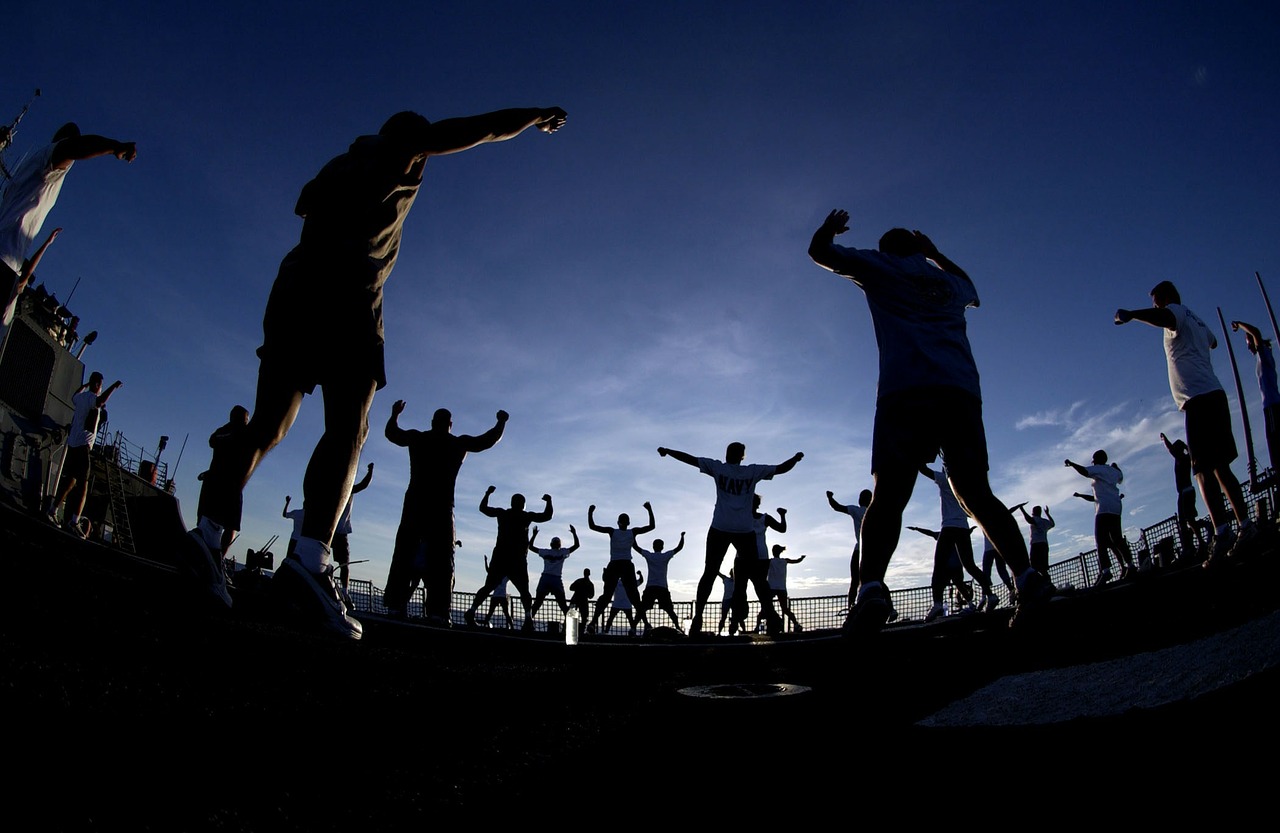
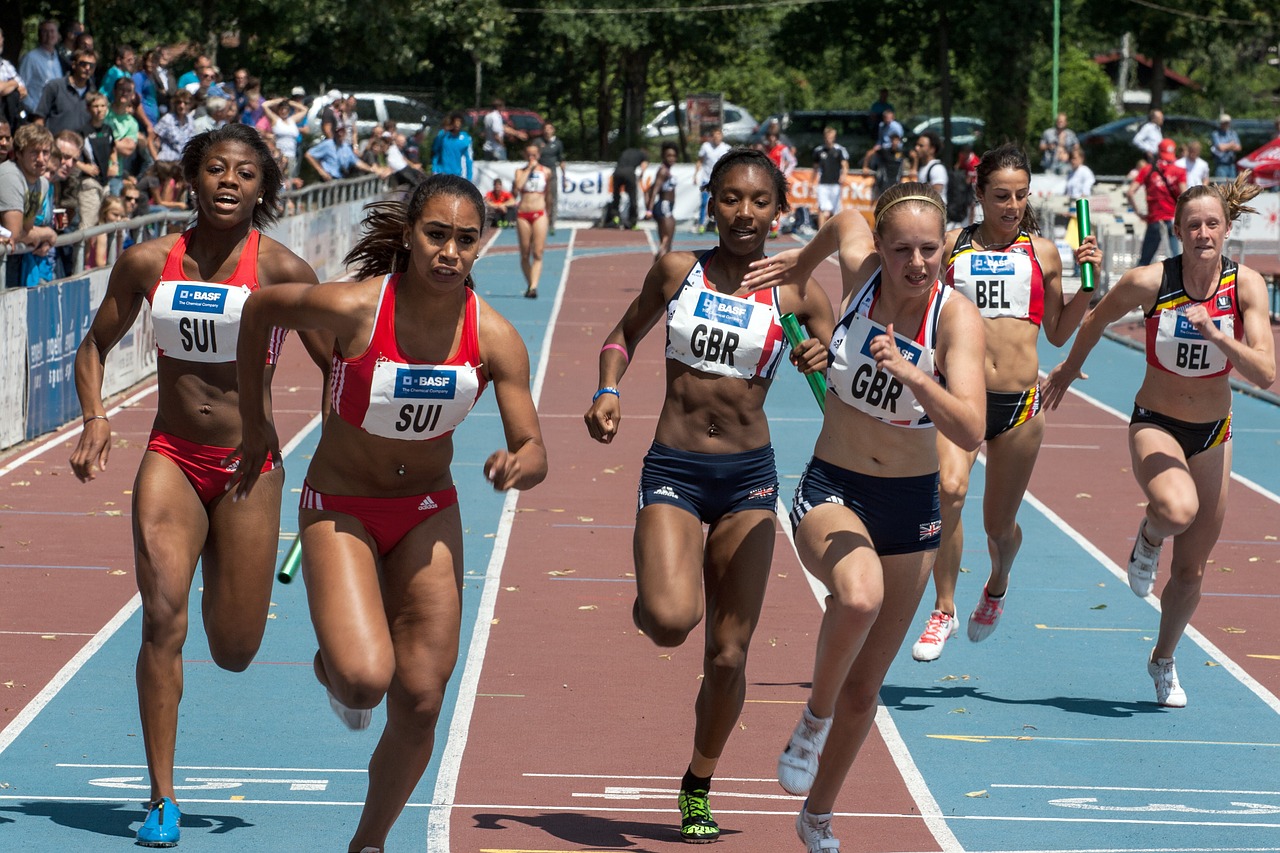
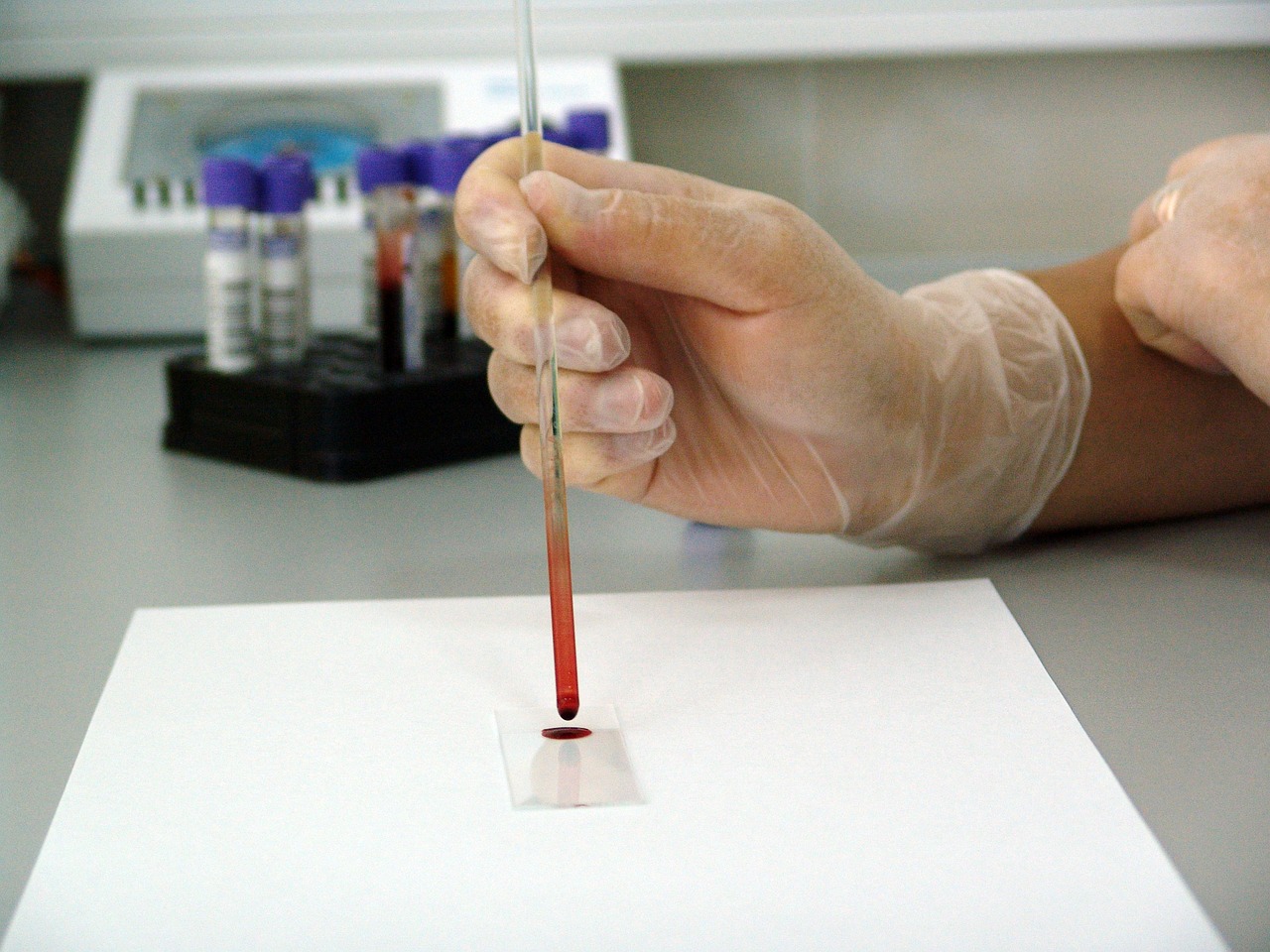
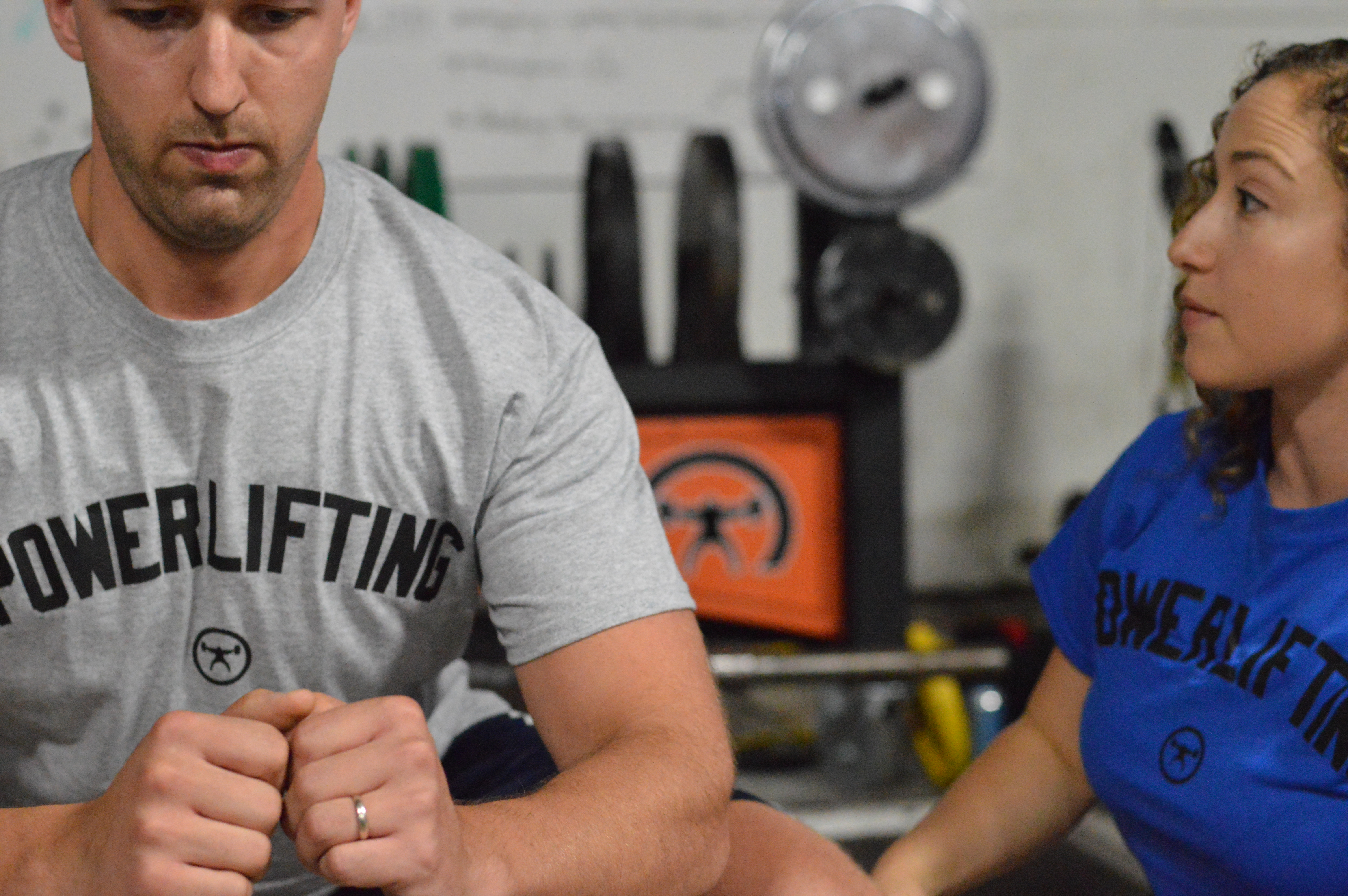

3 Comments